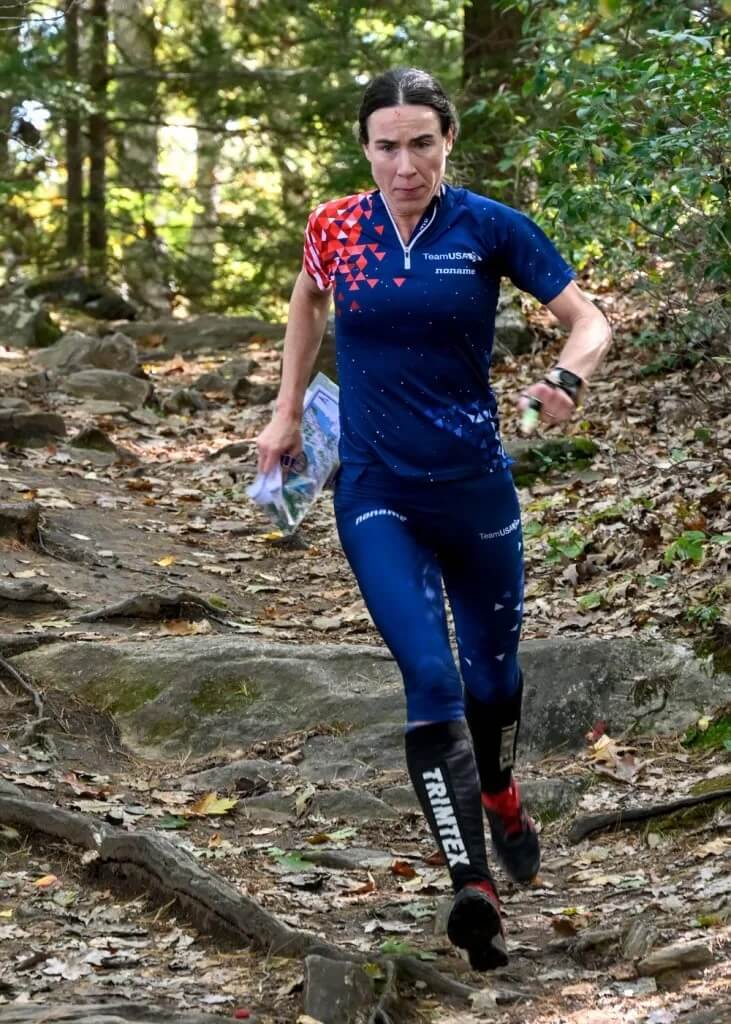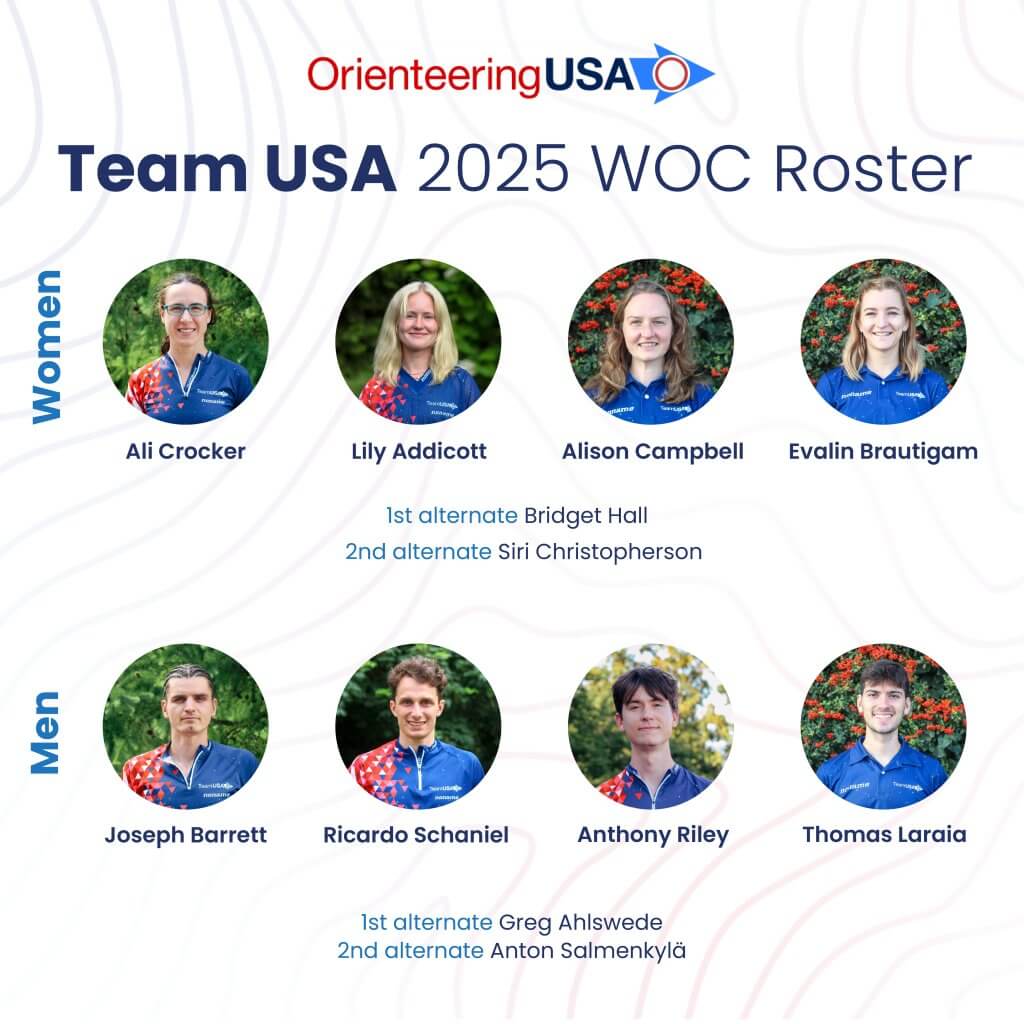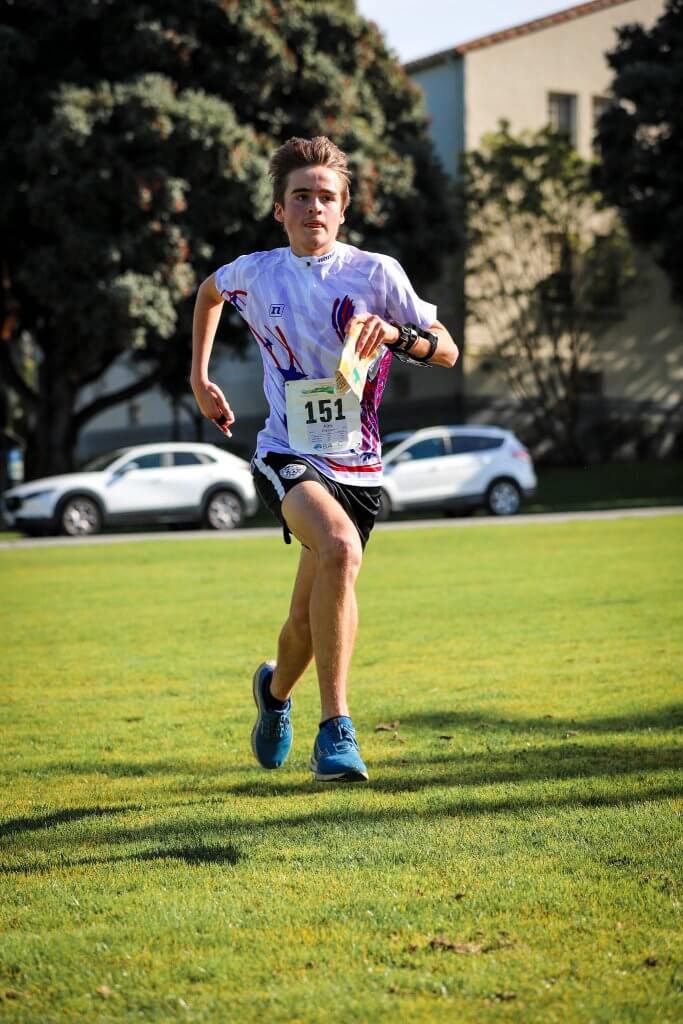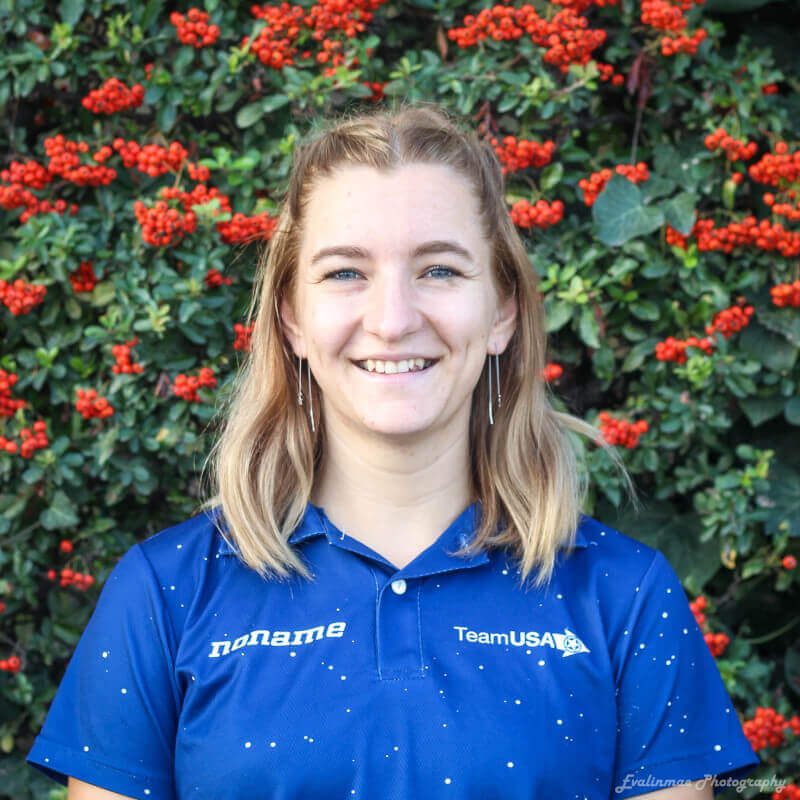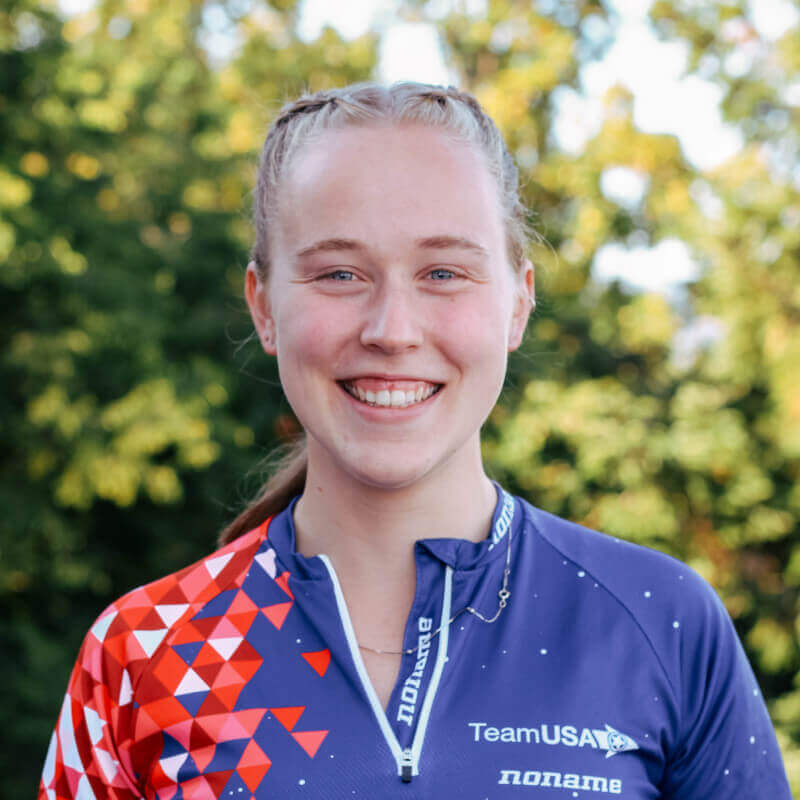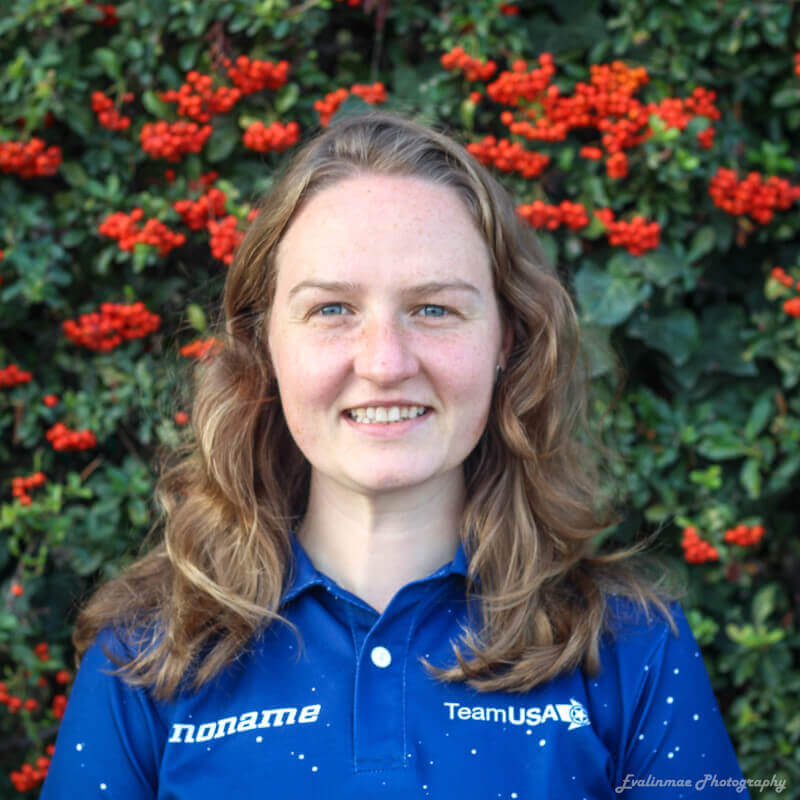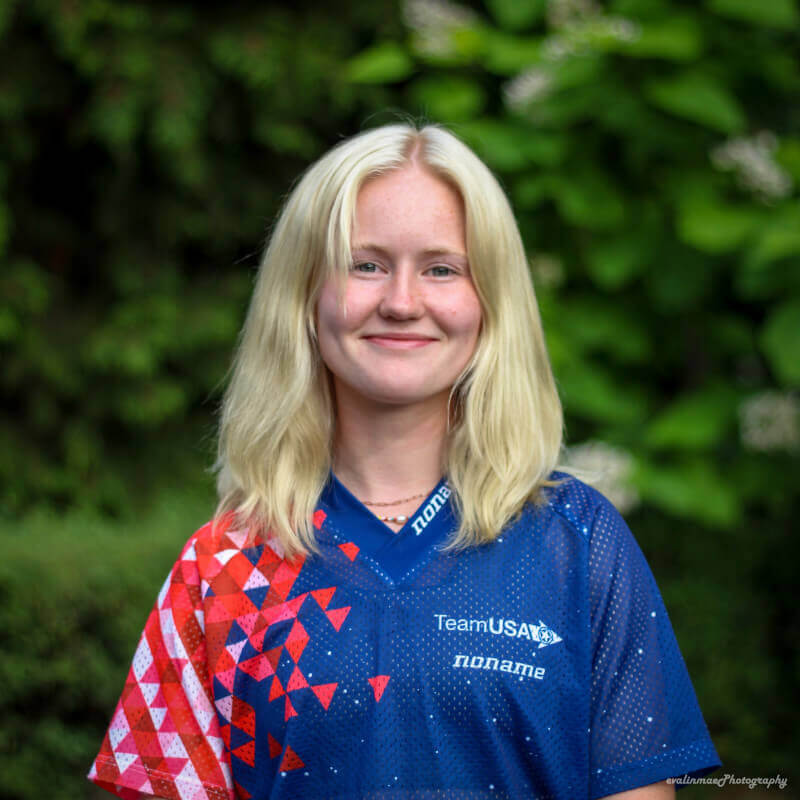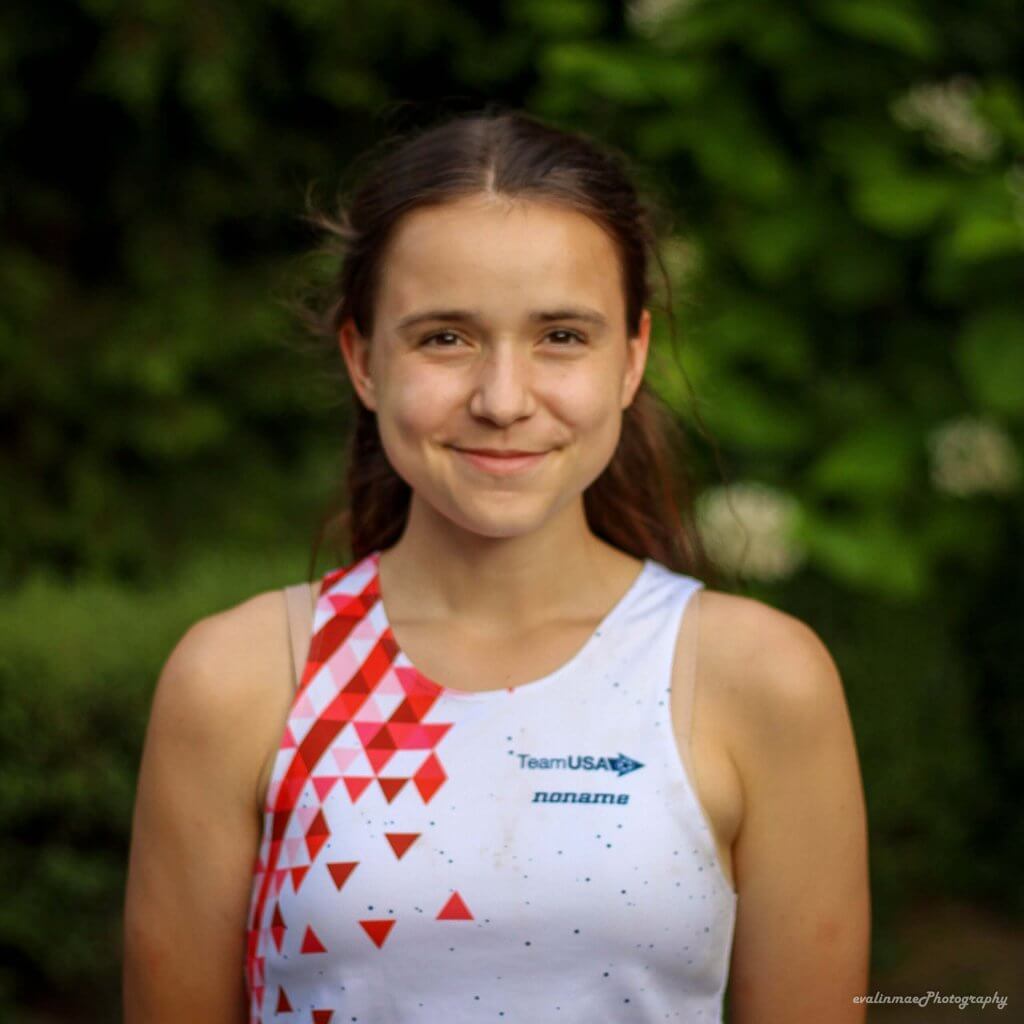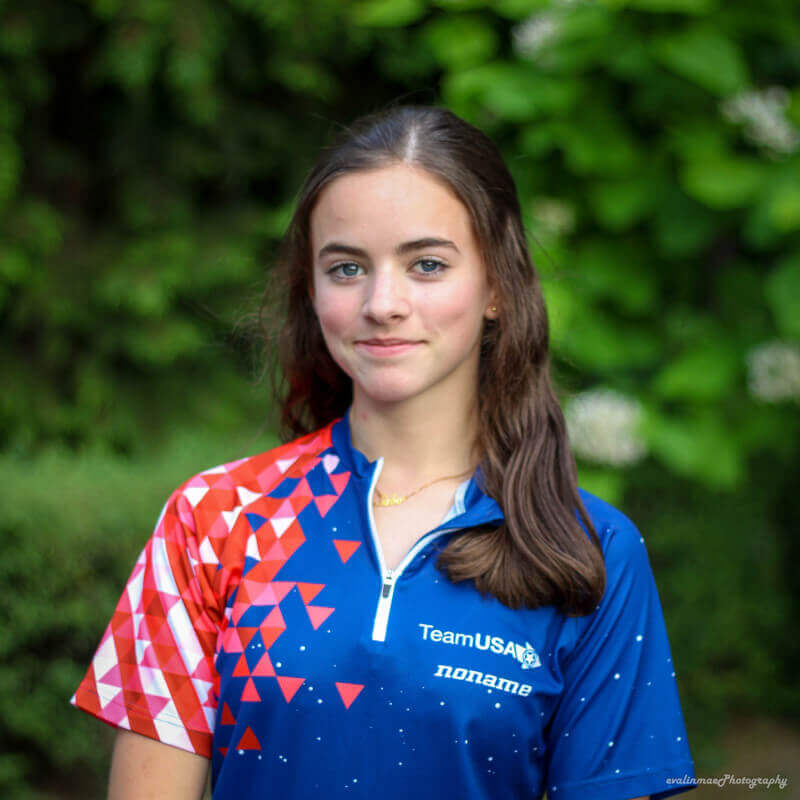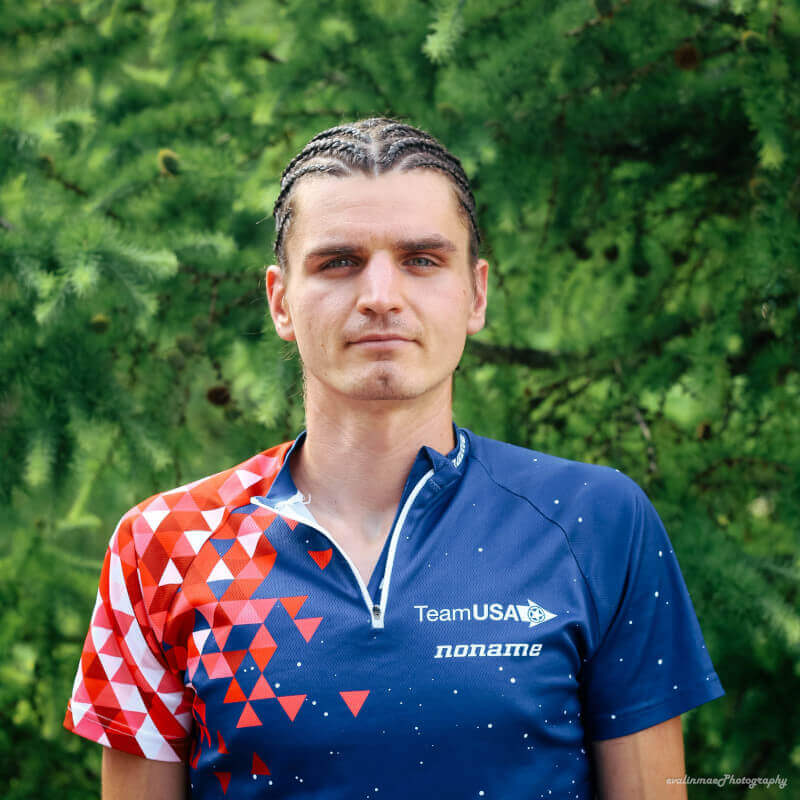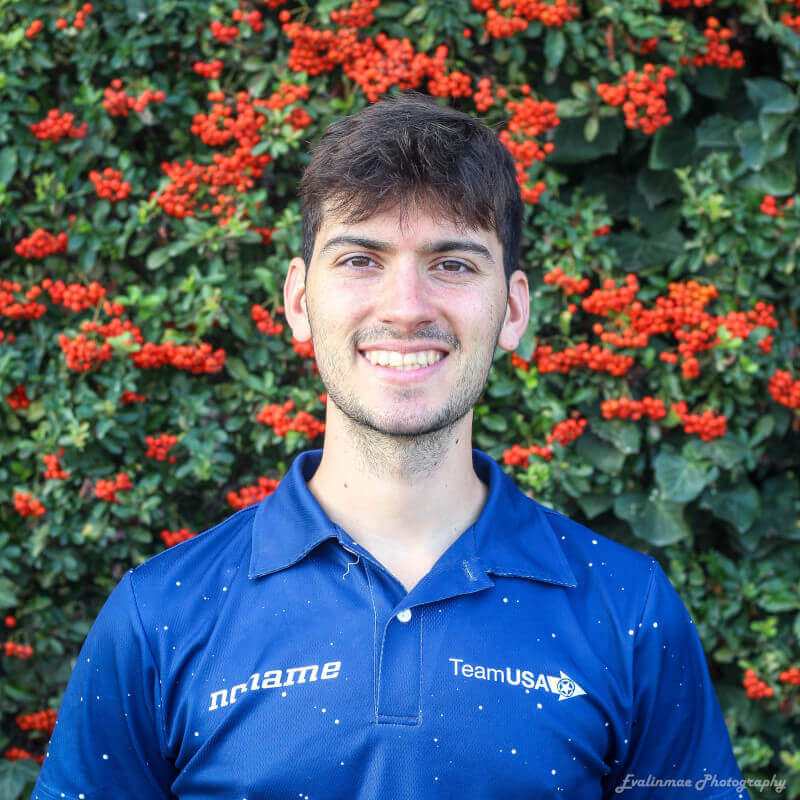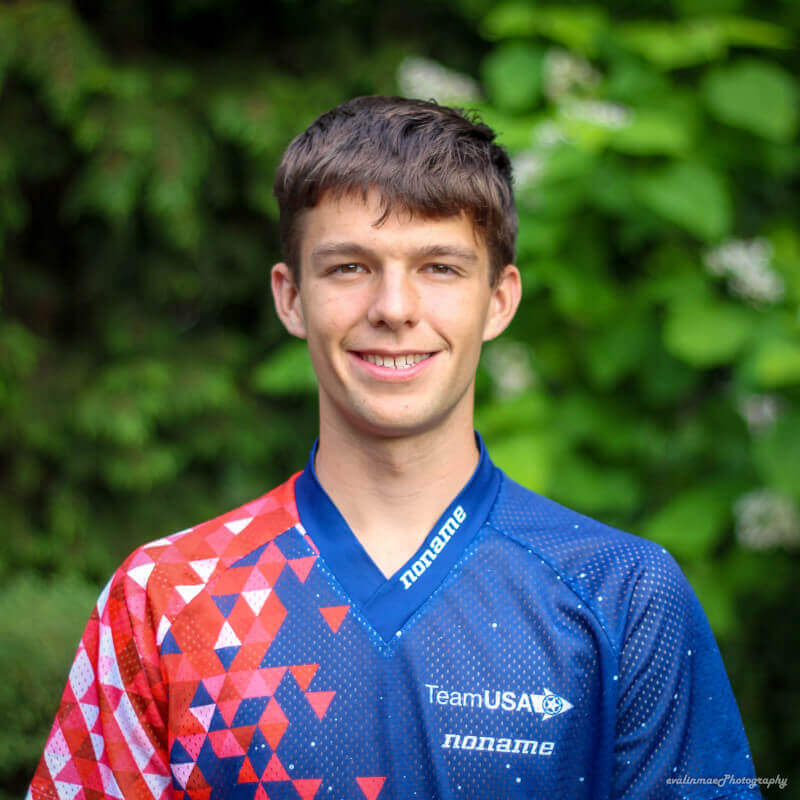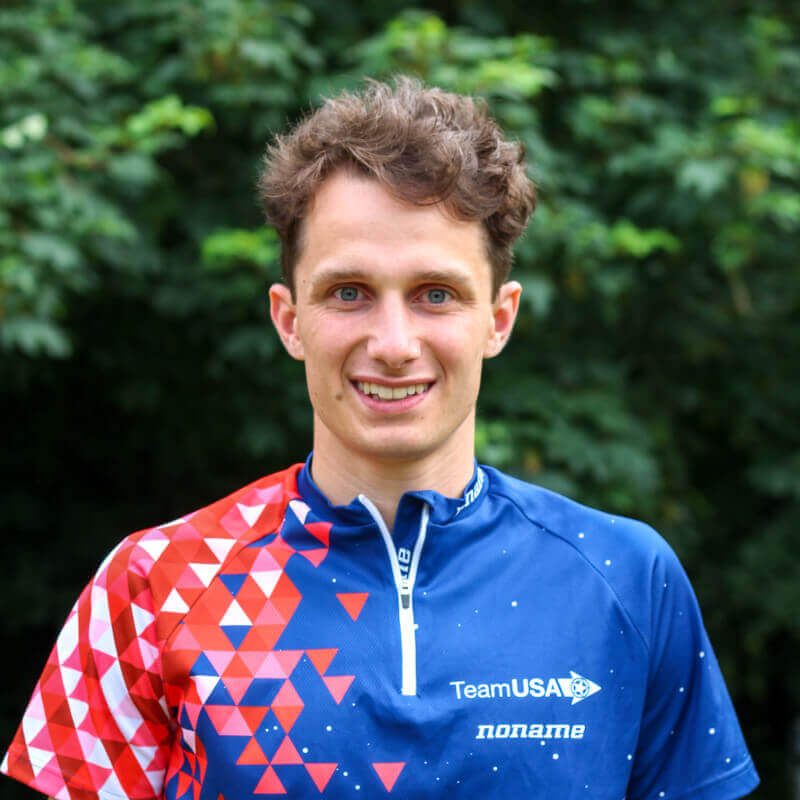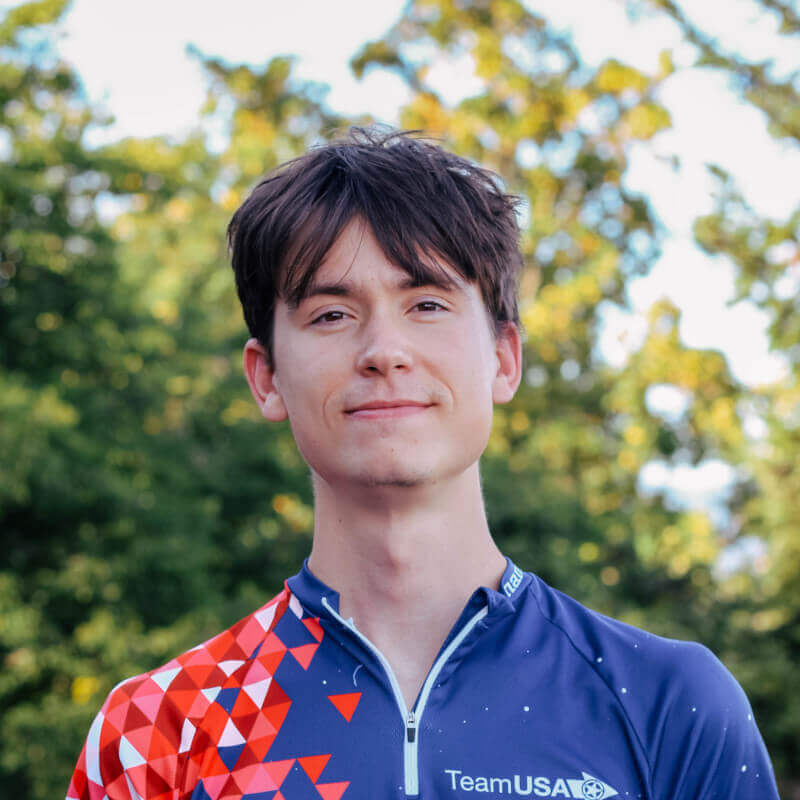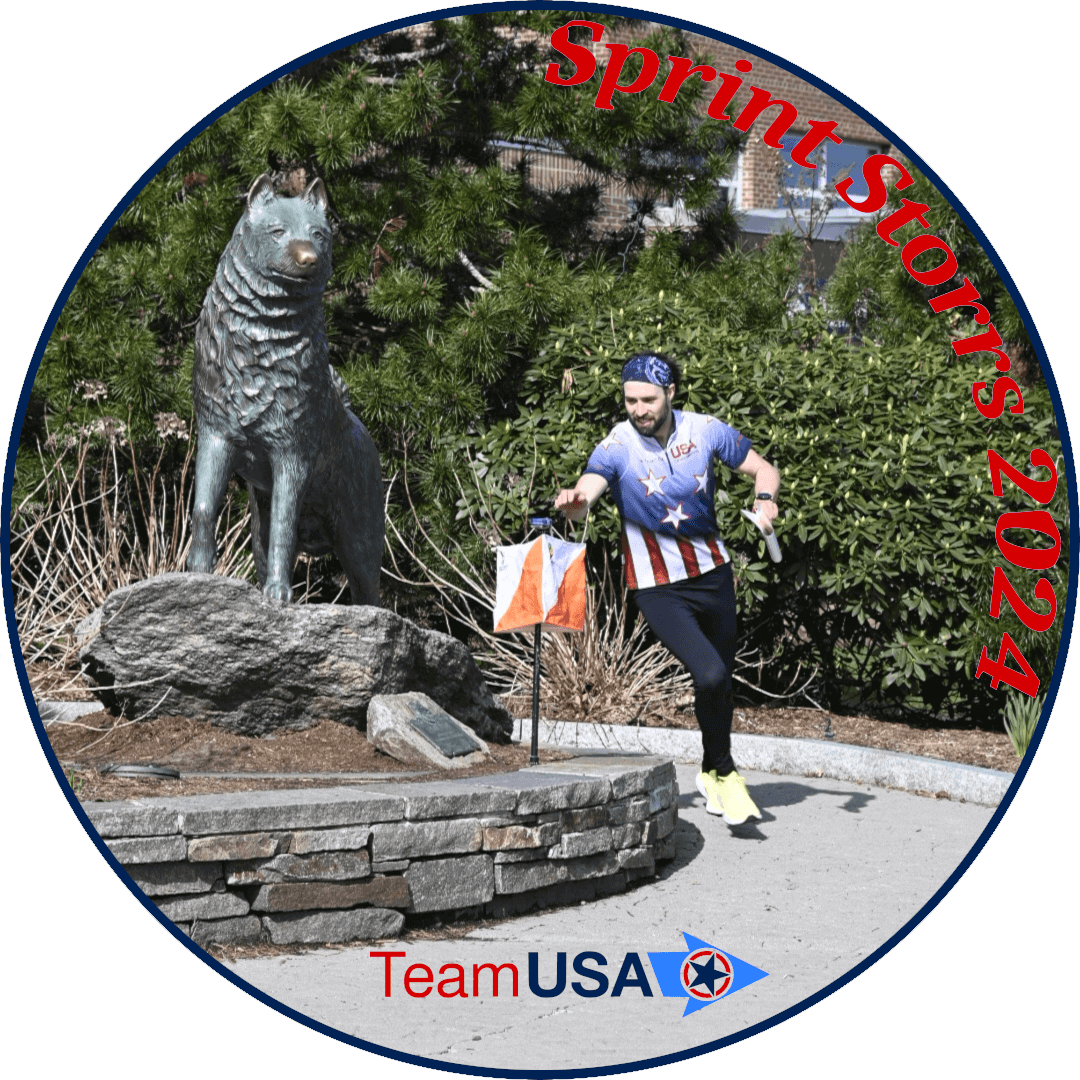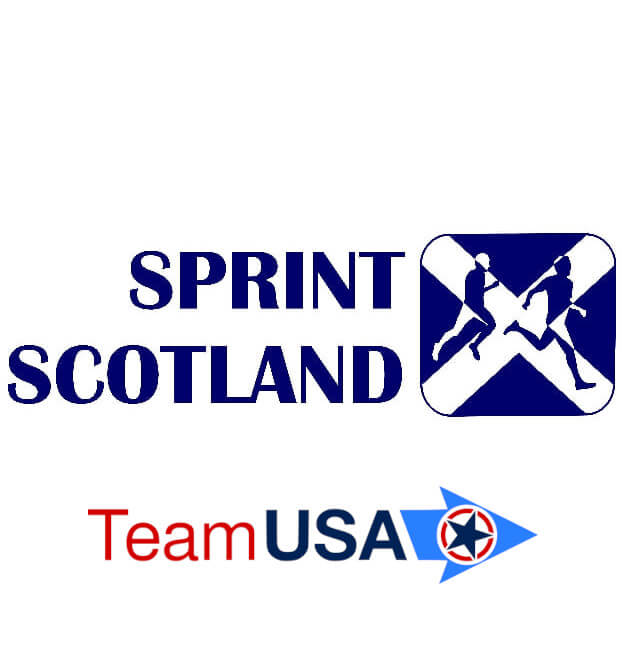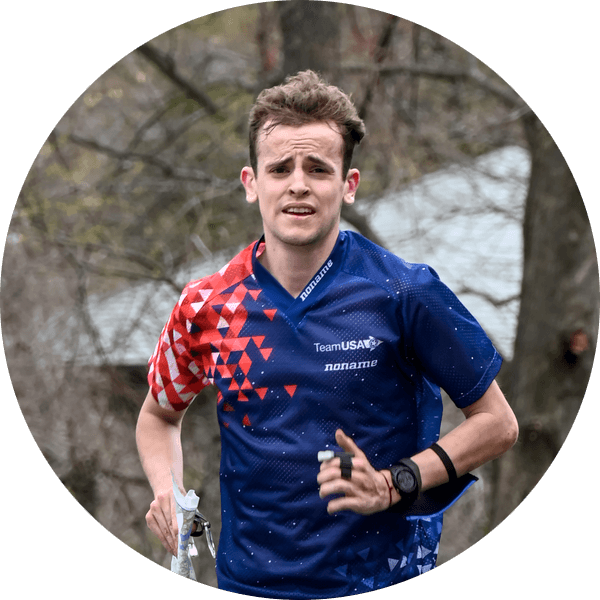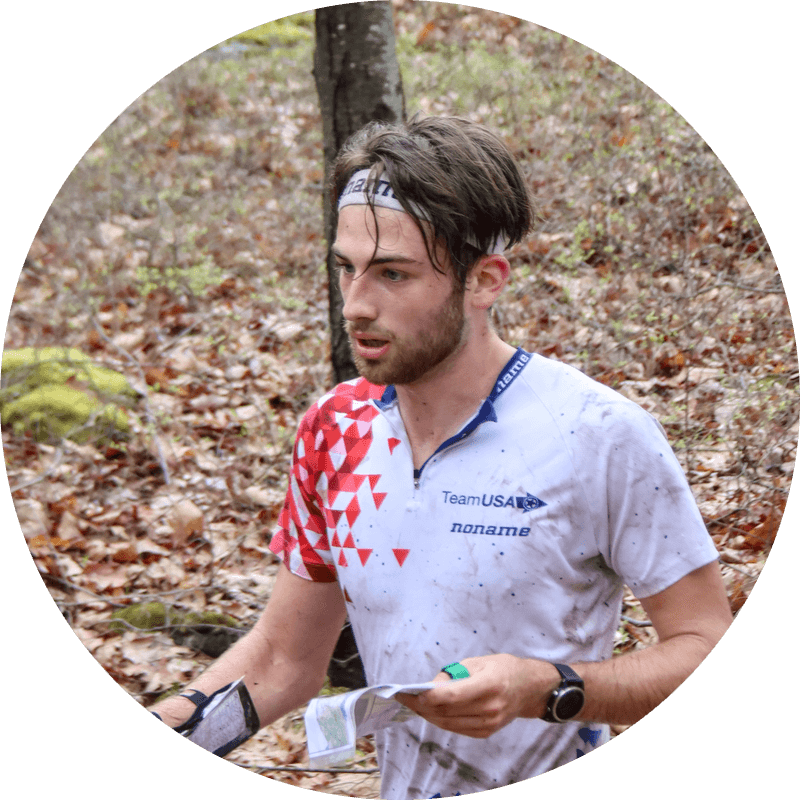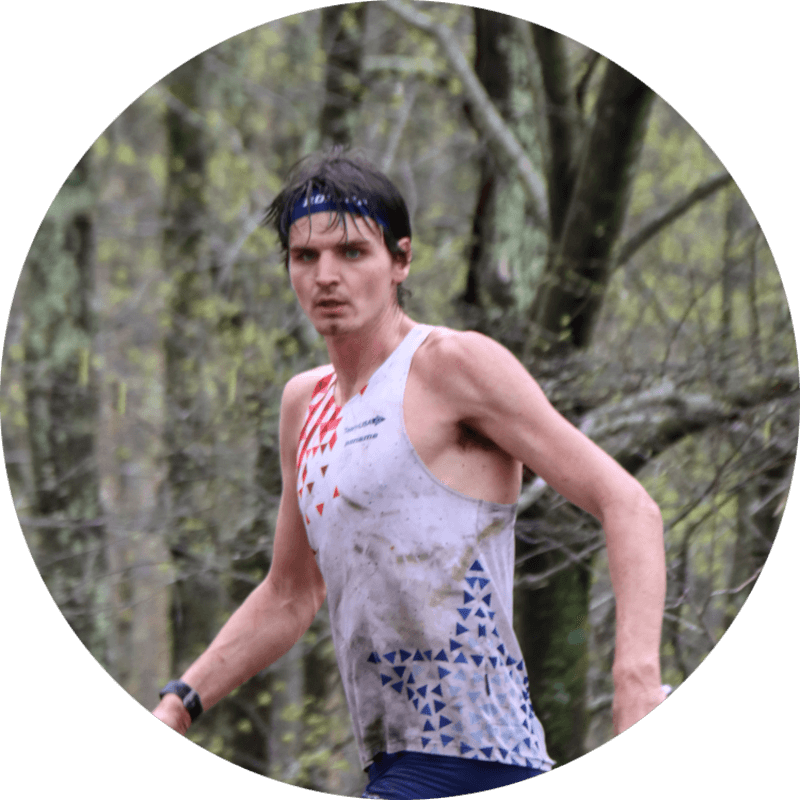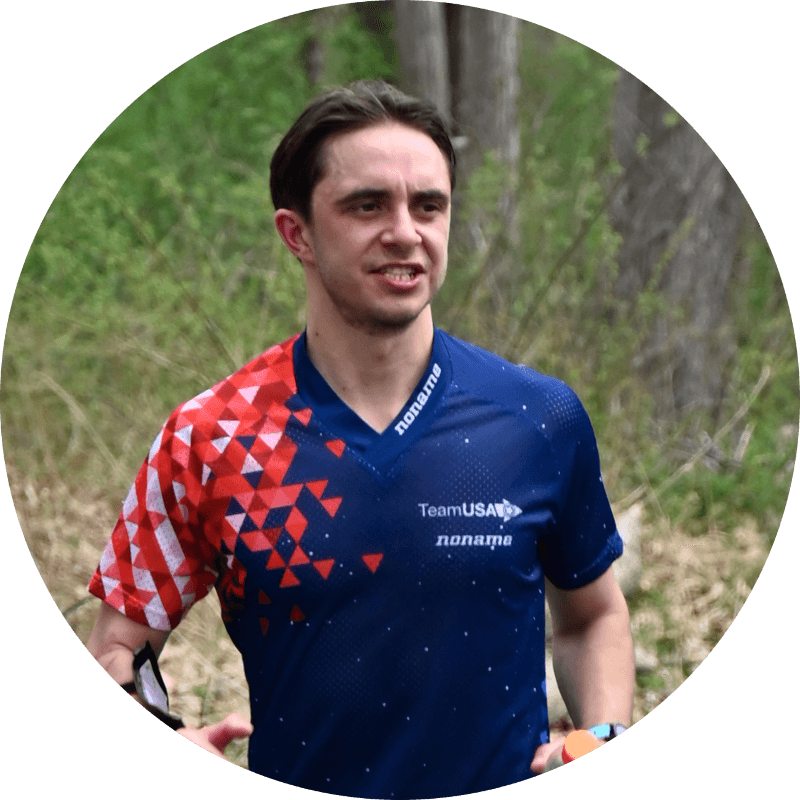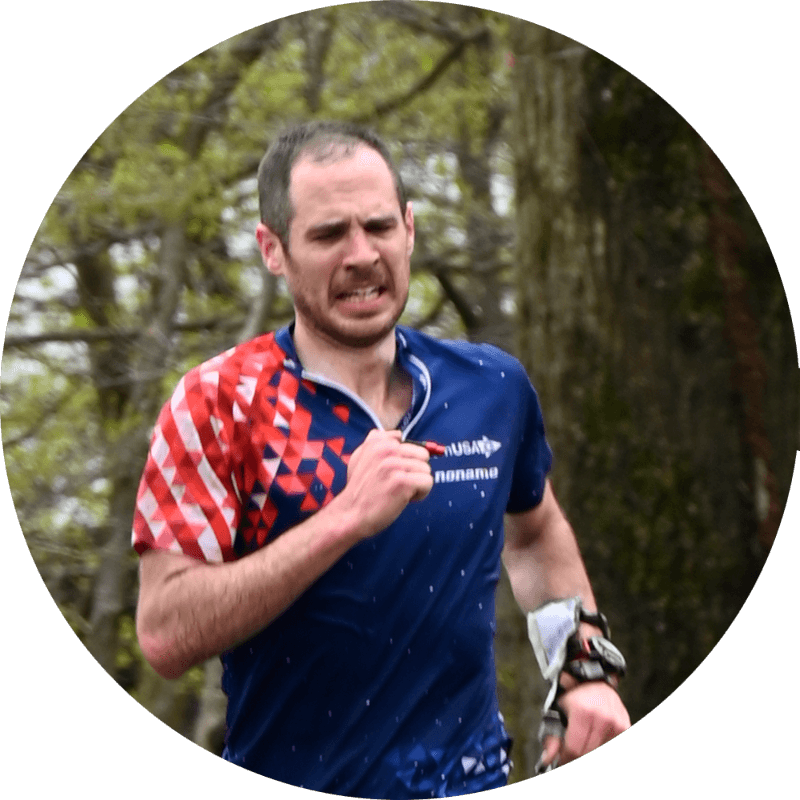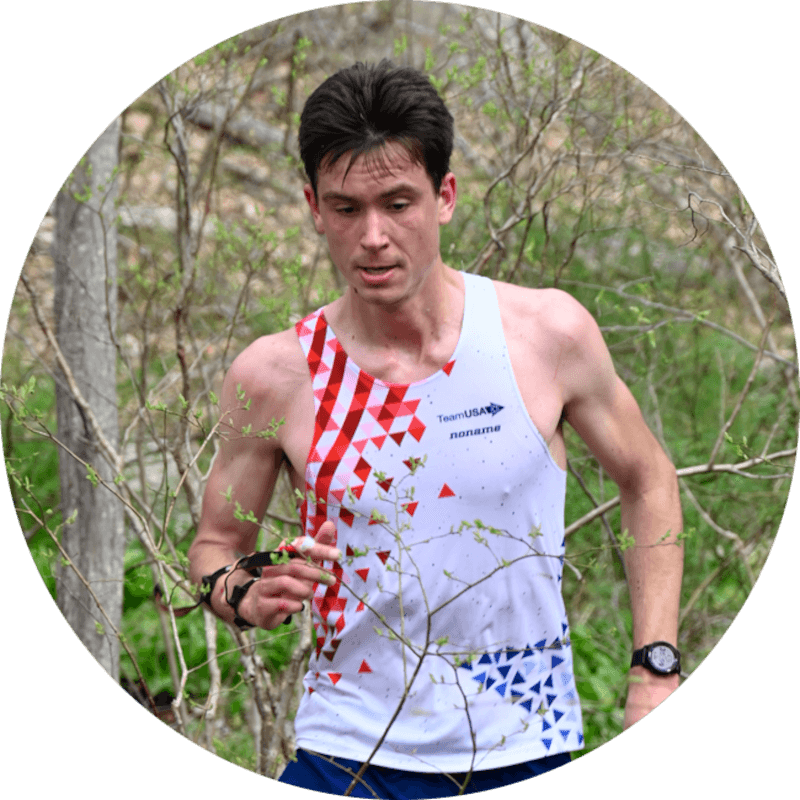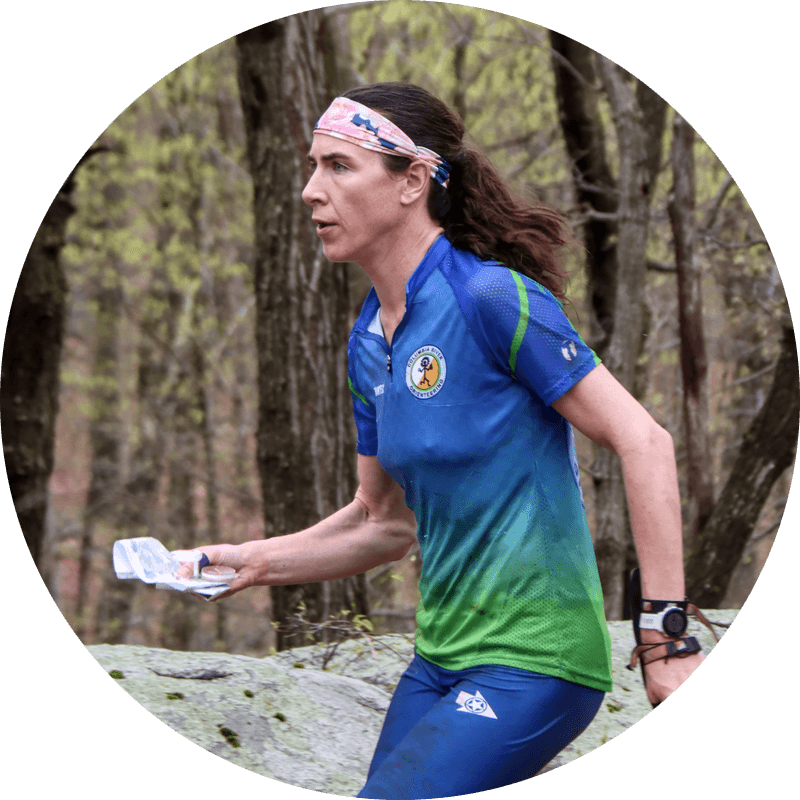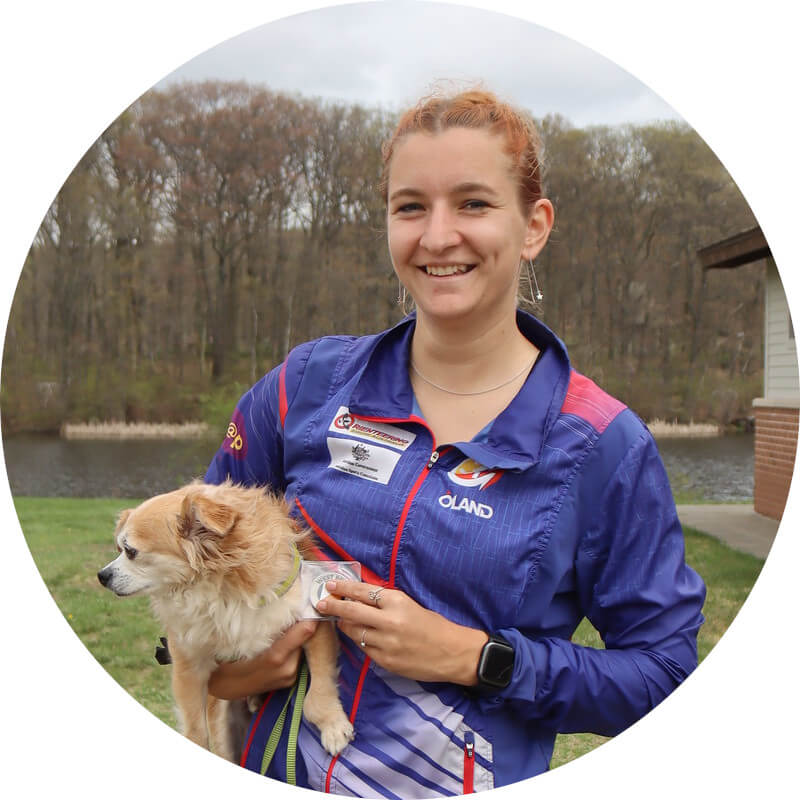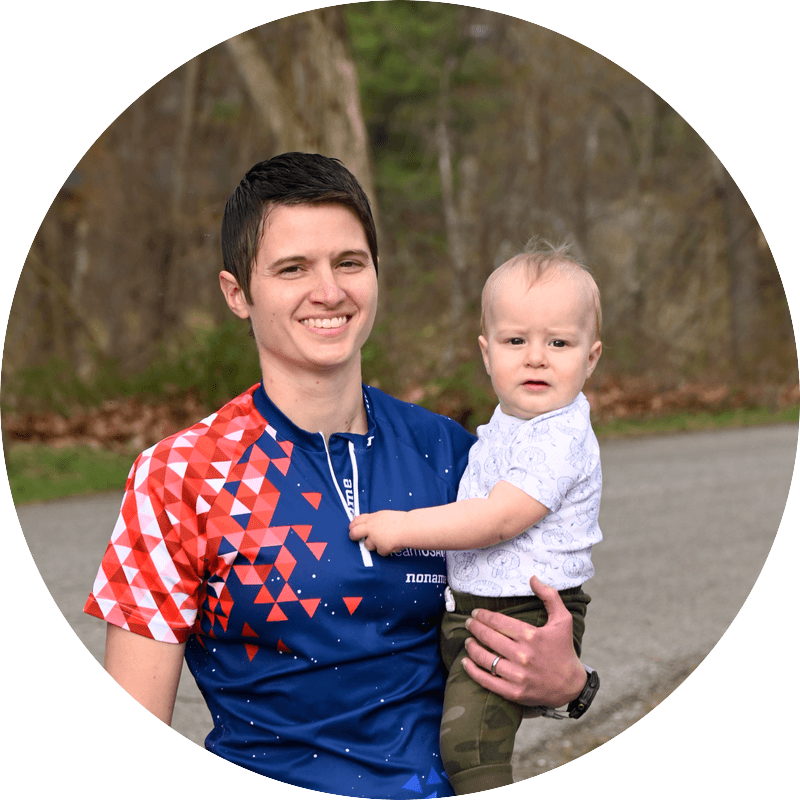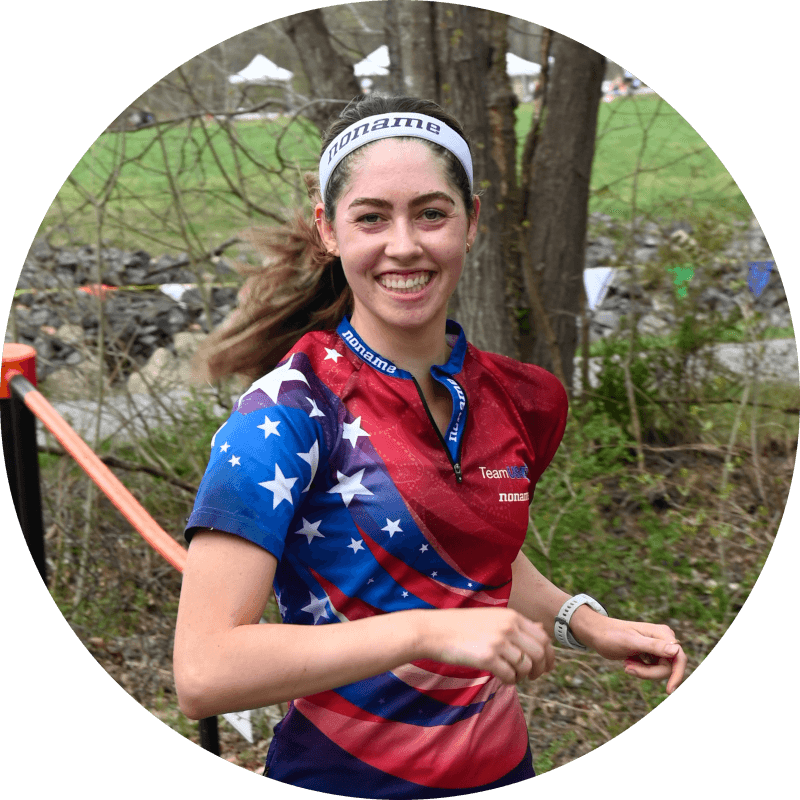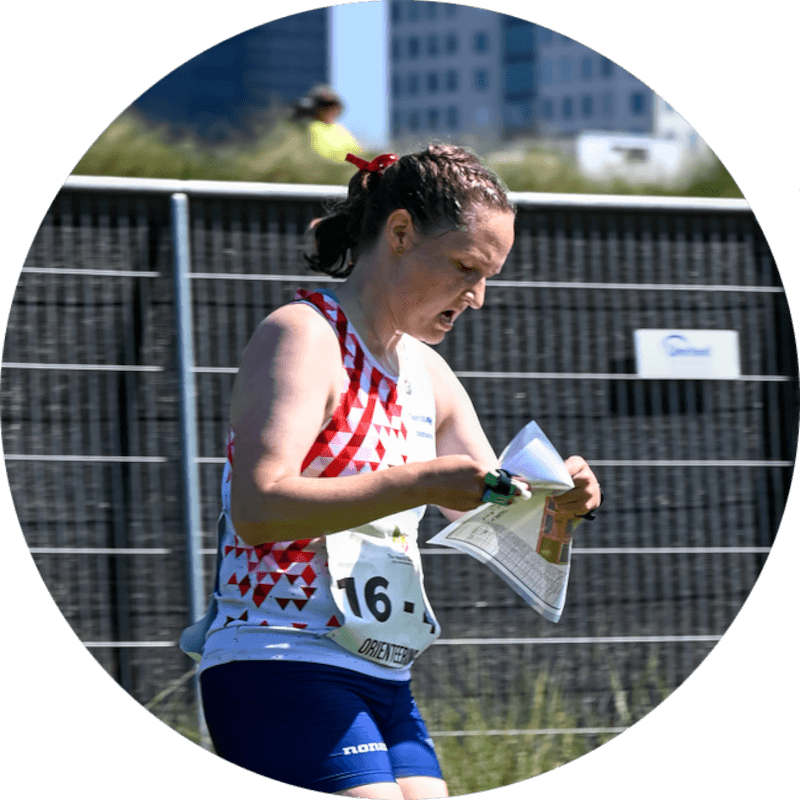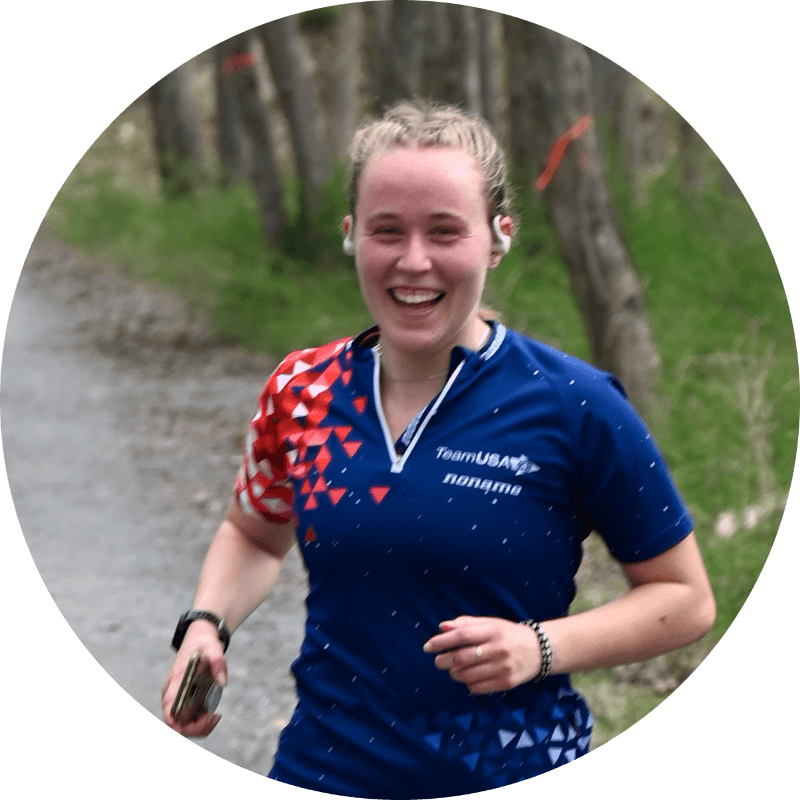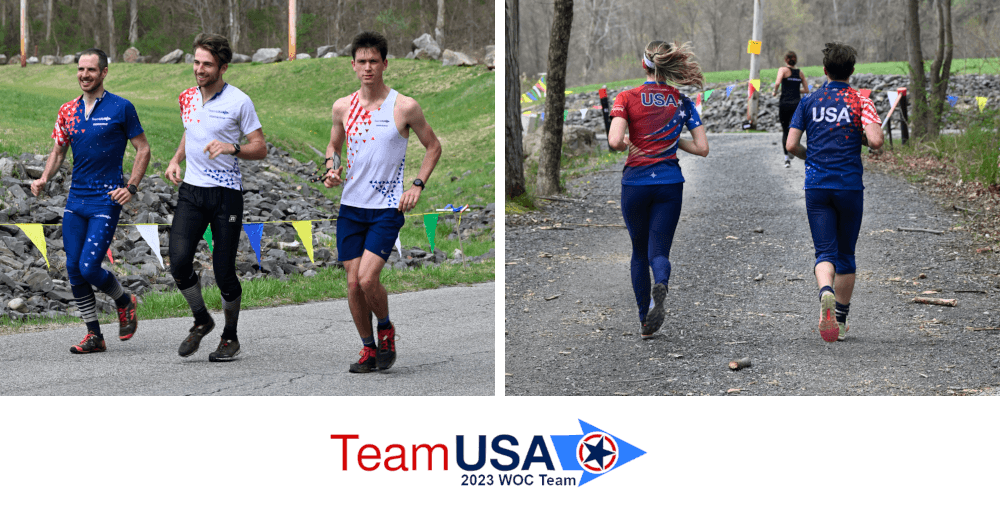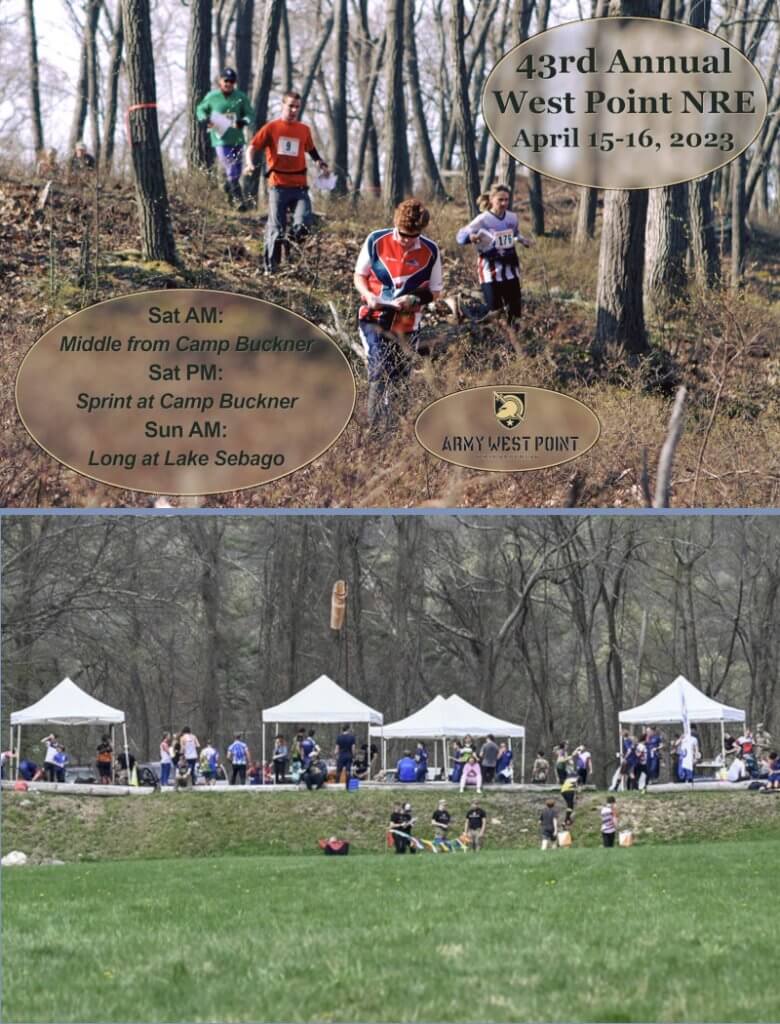2025 WOC Recap
The 2025 World Orienteering Championships (WOC) took place in Kuopio, Finland, July 8-12 2025. The US sent a team of four men and four women to compete in a program consisting of a Middle Qualification, Middle Final, Long Final, and Relay. Meet the team on the blog!
Anthony Riley and Ali Crocker both qualified for the Middle Final, and finished 43rd and 47th, respectively. Ali then had the best US finish in the Long Final, at 41st, while Joe Barrett had the best finish for the men in 46th. The men’s and women’s relay teams wrapped up the week with 28th and 23rd place finishes.












Results, Maps and Photos
Team USA photos by Evalin Brautigam.
- Middle Qualification
- Results: All | Just USA
- World of O analysis
- Maps and tracking on Livelox
- Middle Final
- Results: All | Just USA
- World of O analysis
- Maps and tracking on Livelox
- Middle and Long photos by Evalin Brautigam
- Long Final
- Results: All | Just USA
- World of O analysis
- Maps and tracking on Livelox
- Middle and Long photos by Evalin Brautigam
- Relay
- Results
- World of O analysis
- Maps and tracking on Livelox
- Photos by Evalin Brautigam

